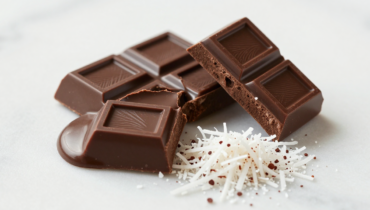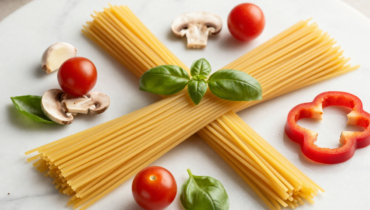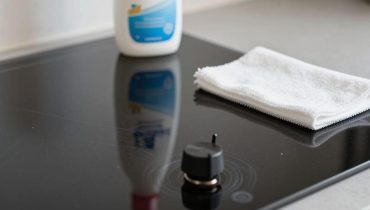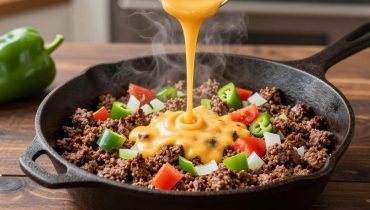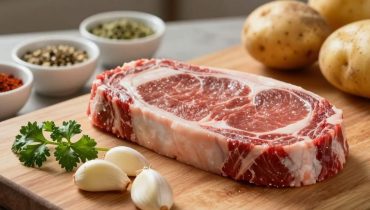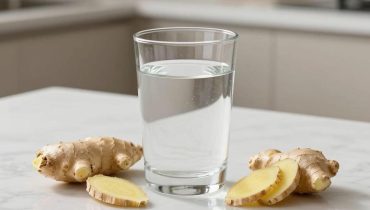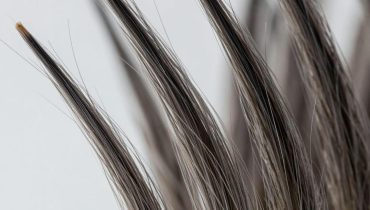📌 8 Nutrients That Naturally Dissolve Blood Clots – Doctors Don’t Share Tip #5…
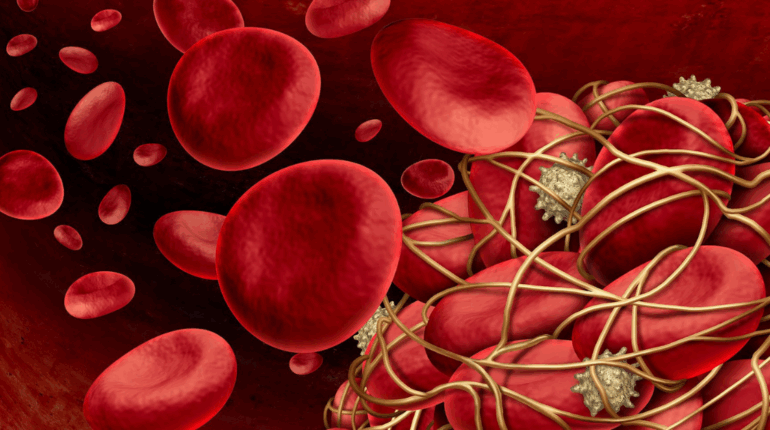
Posted 23 September 2025 by: Admin
Could your blood health hinge on simple nutrients and habits hiding in plain sight? Discover eight powerful ways to prevent dangerous clots and boost circulation…
Understanding Blood Clot Formation
When you’re injured, your body relies on platelets and fibrin to stop bleeding. Platelets form a quick plug, while fibrin creates sticky strands that weave through the plug, forming a strong barrier. But abnormal clots can obstruct blood flow, causing serious events like heart attacks, strokes, or DVT (deep vein thrombosis). Maintaining healthy circulation is key—allowing clotting when needed but preventing it when it’s harmful.
Vitamin E: A Powerful Antioxidant
Vitamin E keeps your blood fluid and protects vessels from oxidative damage. Found in avocados, almonds, sunflower seeds, and spinach, this antioxidant strengthens blood vessel walls and lowers clot risk. Aim for 15 mg daily, preferably from whole foods.
Nattokinase: A Fermented Marvel
Nattokinase, derived from the Japanese food natto, breaks down fibrin to improve circulation and reduce clot risks. Pairing it with serrapeptase enhances its anti-inflammatory effects. A common dosage is 100 mg twice daily, but always consult your doctor first.
Vitamin C: Strengthening Collagen
Vitamin C strengthens collagen in your arteries, improving flexibility and blood flow. Get it from oranges, strawberries, bell peppers, kiwi, or broccoli. Whole food sources are ideal because they include compounds that improve absorption.
Phytochemicals: Nature’s Defense
Garlic, ginger, cassia cinnamon, cayenne pepper, and turmeric are potent clot fighters. Garlic’s allicin thins blood, ginger’s salicylates act like natural aspirin, and cayenne’s capsaicin improves circulation. Turmeric’s curcumin reduces inflammation that can trigger clots.
Bromelain: Pineapple’s Secret Weapon
Bromelain, found in pineapple (especially the stem), reduces fibrin levels, improving circulation and preventing excess clotting. Its anti-inflammatory properties also protect vessel walls from damage. For higher doses, consider a bromelain supplement.
Magnesium: A Natural Blood Thinner
Magnesium balances calcium, reduces platelet stickiness, and helps prevent unnecessary clots. Sources include spinach, pumpkin seeds, almonds, black beans, avocados, and dark chocolate. Supplements or electrolyte powders can help if dietary intake is low.
Fish Oil: Omega-3s for Healthy Circulation
Omega-3s from fish oil reduce triglycerides, decrease inflammation, and improve blood flow. The American Heart Association recommends two servings of fatty fish weekly or 1,000–3,000 mg of EPA/DHA daily. Walnuts and flaxseeds are excellent plant-based alternatives.
Berberine: A Powerful Blood Flow Enhancer
Berberine, found in plants like barberry, prevents platelet clumping and reduces fibrinogen levels. Its anti-inflammatory properties protect blood vessels and enhance circulation, making it a natural ally for vascular health.
Lifestyle Tips for Healthy Circulation
- Eat an organic, anti-inflammatory diet rich in vegetables, seeds, seafood, and quality proteins.
- Get sun exposure before long trips to boost blood flow and lower clot risk.
- Stay hydrated to keep your blood fluid and circulating efficiently.
- Quit smoking and reduce exposure to toxins like household mold.
- Prioritize quality sleep to balance hormones and reduce inflammation.
- Manage stress through exercise, meditation, or relaxation techniques.
- Exercise regularly outdoors to improve mood and circulation.
- Maintain good oral hygiene to prevent inflammation linked to clots.

